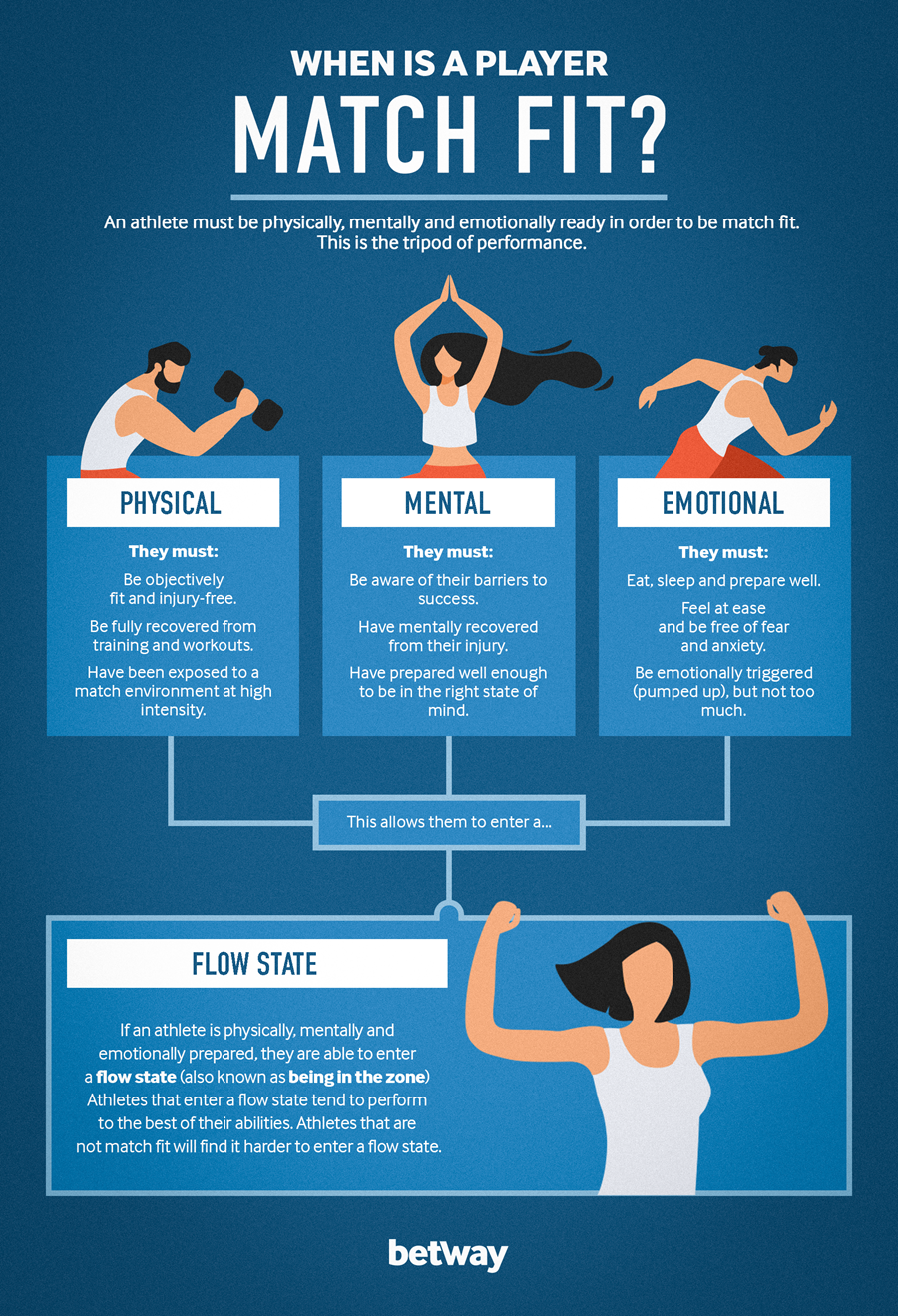
More than a decade of work and effort, a lot of time spent, a lot of love given, problems solved, and obstacles overcome that may have seemed insurmountable.
It’s a biography of every athlete who has reached the top and the opportunity to fight for his country in the biggest competitions – continental and world championships and, especially the Olympic Games, which are the crown of a career in most sports. But the question is – when that moment comes, how to welcome it readily?
Physical Preparation and Attitude Towards Training
Physical fitness is a necessary prerequisite for top results, especially in modern sports. This refers even more to tournament-type competitions, in which teams and individual athletes are required to play many matches in the shortest possible time and in the highest possible intensity.
That’s why it’s necessary to lay the right foundation – at the beginning of the preparations, the initial state of all players (if we speak of a team) is to be determined.
“The rehabilitation period isn’t cleared until we can match as best as possible the loading of the tissue that will be required for full training and then a 90-minute match,” Richard Collinge, Head of Medical Services at football Premier League club West Ham United, said in an interview with Betway.
The first part of the preparations is dedicated to the homogenization of the team, i.e. bringing all players to a similar physical level so that they can “fulfill” all later technical and tactical requirements – the so-called situational training. Or, as physical education professors would expertly summarize – foundation restoration and regeneration.
Back to Basics After an Exhausting Season
In that period, work on physical fitness is dominant: basic endurance, strength, coordination, and other motor skills. During the season, athletes don’t have such training because they are all situational and it’s an ideal opportunity to renew the foundations – maximum strength, long-term endurance, i.e. the aerobic aspect. In addition, this type of training regenerates the athletes – they train intensively all season and that breaks them, while in the basic part, the training is higher in volume, but lower in intensity.
The physical aspect isn’t enough for being ready to play and achieve the highest results. It’s proven that besides reaching optimum physical condition, two more aspects are necessary for athletes to be match fit and those are mental and emotional aspects. The ultimate state of athletes that brings top results is the so-called flow state that can be gained only when all of the previous three mentioned factors are reached.
Dan Garner, who has coached UFC champions Ronda Rousey and Michael Bisping, agreed on this.
“I consider it a tripod of performance – physical, mental and emotional. What happens if one leg of a tripod is knocked out? It collapses. In order to determine whether someone is actually ready, they would need to be mentally, emotionally, and physically ready,” he said.
Isolation and Team Spirit
When a sports team is preparing for a big competition, the point is to be isolated, not to be in a big city, but at the same time to have extraordinary working conditions. It’s useful that teammates are directed at each other (to talk, hang out, play cards …), but also that the pattern is precisely defined – to know when to get up, when to train, when to have lunch, when to rest, etc.
In that phase of preparation, a lot of work has to be done and the players of one team must be under strict control. If the basic part is done in a big city, the question is where the players spend their time between training – someone is responsible and rests, but there are many challenges that individual players succumb to. So, the team should be placed where there are no distractions.
“Inner” Coach
However, every athlete is his/her own greatest coach and motivator – the exercise can be done to the maximum or not, but the top results are achieved by those who have a developed “inner” coach. Listening to that inner coach isn’t always easy because a person tends to take the path of least resistance, but hard work always brings results in the end.
You will often hear an athlete saying after winning a gold medal: “It’s all because we ran up the hill (or through the woods and similar) back then.” But, when athletes just arrive at the preparations and they are being told to run along a hill, they wonder what it has to do with, for example, the Olympic Games. But, that will be later valorized if there’s faith in the work and faith in the training process.
If the athletes don’t believe in all that, then there’s a problem – that’s why communication between the coach and the player is important. It’s also important that there is feedback and that the athlete knows there’s a reason why he or she is doing something. When athletes know that, then they are more confident in their hard work.
